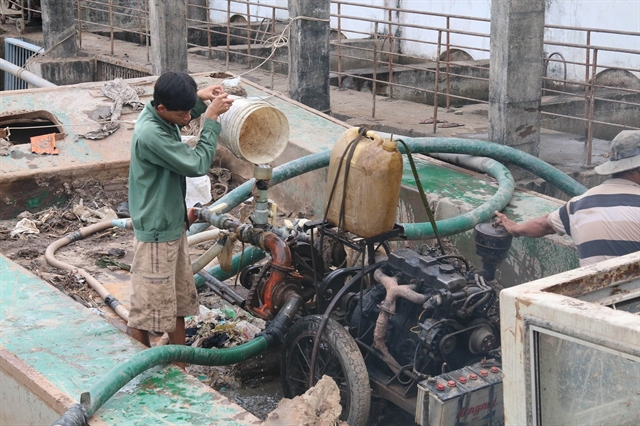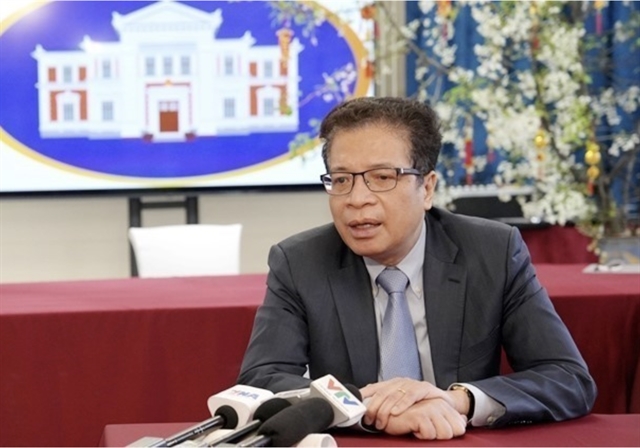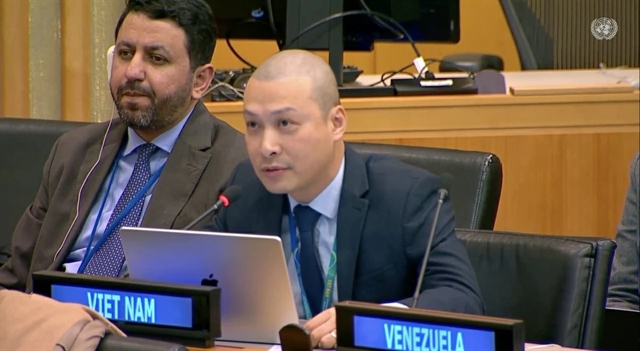 Society
Society

Việt Nam grappled with nearly 4,000 disasters and incidents in 2019, increasing 57.9 per cent compared to the previous year.

|
| Bình Phan pumping station in the Mekong Delta province of Tiền Giang has been restarted to ensure water supplies for local paddy fields in response to drought and saline intrusion. — VNA/VNS Photo Minh Trí |
HÀ NỘI — Việt Nam grappled with nearly 4,000 disasters and incidents in 2019, an increase of 57.9 per cent compared to the previous year.
Deputy Prime Minister Trịnh Đình Dũng announced the figures on Wednesday, noting extreme weather events in Việt Nam had become more serious and frequent in recent years.
From mid-December 2018 to mid-December 2019, more than 500 people were killed and 170 others injured in environmental incidents. Some 1,400 warehouses and factories and 2,000ha of forest burnt down, while nearly 117,000ha of rice was damaged and 4,000 litres of spilt oil.
In early July, the central province of Hà Tĩnh was hit by an unprecedented forest fire that covered 92.4ha, destroying nearly 35,200 pine trees and 620 eucalyptus trees in Nghi Xuân District.
Prolonged heat and drought in last year's summer pushed the livestock and crops of thousands of small households in central Việt Nam to the brink, prompting the Ministry of Agriculture and Rural Development to urge the Directorate of Water Resources to develop a coping plan for the thirsty winter-spring crops.
From June to October 2019, rainfall in the upper Mekong region dropped by 35 to 40 per cent, along with the impacts of El Nino, causing water shortages in the lower part of Mekong River.
The situation was forecast to become more devastating in the next few months, according to the National Centre for Hydrometeorological Forecasting.
The National Committee for Incident and Disaster Response, Search and Rescue mobilised more than 207,000 people for rescue operations, saving more than 5,000 victims and 252 vehicles.
A lack of facilities hindered incident and disaster response, Deputy PM Dũng said, including providing early warnings, evacuations, search and rescue, and providing first aid.
Although Việt Nam is hit by roughly ten storms a year, the management of fishing boats remained poor, making them more vulnerable to disasters.
Dũng stressed the need for community education and disaster preparations for a proactive response to incidents as well as an increase in investment in innovations to improve forecasting accuracy, prevent incidents and efficiently operate search and rescue activities. — VNS




